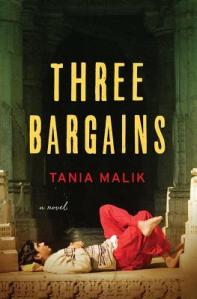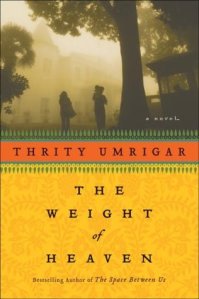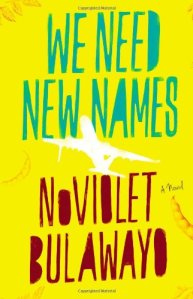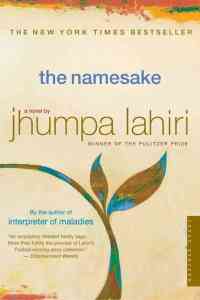 Title: Blood Heir (Blood Heir #1)
Title: Blood Heir (Blood Heir #1)
Author: Amélie Wen Zhao
Genre: Fantasy, 21st Century Young Adult Literature
Published: November 19, 2019
Format: 464p, Hardcover, 9780525707790, $18.99
Source: Purchased
Rating: ♥ ♥ ♥ ♥ ♥
Themes: Racism, imperialism, slavery and human trafficking, oppression, justice, freedom
Summary:
In the Cyrilian Empire, Affinites are reviled. Their varied gifts to control the world around them are unnatural—dangerous. And Anastacya Mikhailov, the crown princess, has a terrifying secret. Her deadly Affinity to blood is her curse and the reason she has lived her life hidden behind palace walls.
When Ana’s father, the emperor, is murdered, her world is shattered. Framed as his killer, Ana must flee the palace to save her life. And to clear her name, she must find her father’s murderer on her own. But the Cyrilia beyond the palace walls is far different from the one she thought she knew. Corruption rules the land, and a greater conspiracy is at work—one that threatens the very balance of her world. And there is only one person corrupt enough to help Ana get to its core: Ramson Quicktongue.
A cunning crime lord of the Cyrilian underworld, Ramson has sinister plans—though he might have met his match in Ana. Because in this story, the princess might be the most dangerous player of all. (via Goodreads)
Review: My initial reaction to this gem of a book was: AMAZING! Blood Heir is one of only two top reads from my 2019 TBR. It was breathtakingly cinematic, exciting, heart-wrenching, and powerfully moving. The world and characters were multi-dimensional, vivid, and colorful. The message Zhao weaves through this book had me in tears and ready to fight for a better world.
“I suppose we are all heroes in our own eyes, and monsters in the eyes of those who are different” (367).
“I boarded a Cyrilian ship in the hopes that I would find my brother and return home. But when I landed, they took my belongings and my identification papers” (368).
First, Zhao’s writing is extremely cinematic and visual, which is fully fleshed out with deeply emotional prose that highlights the themes she explores related to human trafficking, imperialism and racism, oppression and freedom. Her introspective and deeply affecting descriptions and narration had me fully engaged in the story and fully connected to its characters.
Her character and world-development is rich and multi-dimensional. Zhao has successfully created a fully realized and living world that is diverse with a sense of relatability and realism despite its fantasy genre. The Russian-inspired world presents a full array of cultures, customs, belief systems, and politics that make the conflicts and characters believable.
Zhao is a wizard with pacing and plotting. Blood Heir is action-packed, with an edge-of-your-seat structure that keeps the tension alive and kept me wanting to read on, feeling like I couldn’t stop the roller coaster.
Overall, the thematic exploration of racism, imperialism, and oppression are inspired by real human experience, which provides a very real and heartfelt emotional debut that is inspired by a deep desire for more change and love in the world.
I couldn’t have asked for a better start to this series, and I can’t wait for book two. I highly recommend this.
Purchase:
Barnes & Noble
Indiebound
Kobo Books











